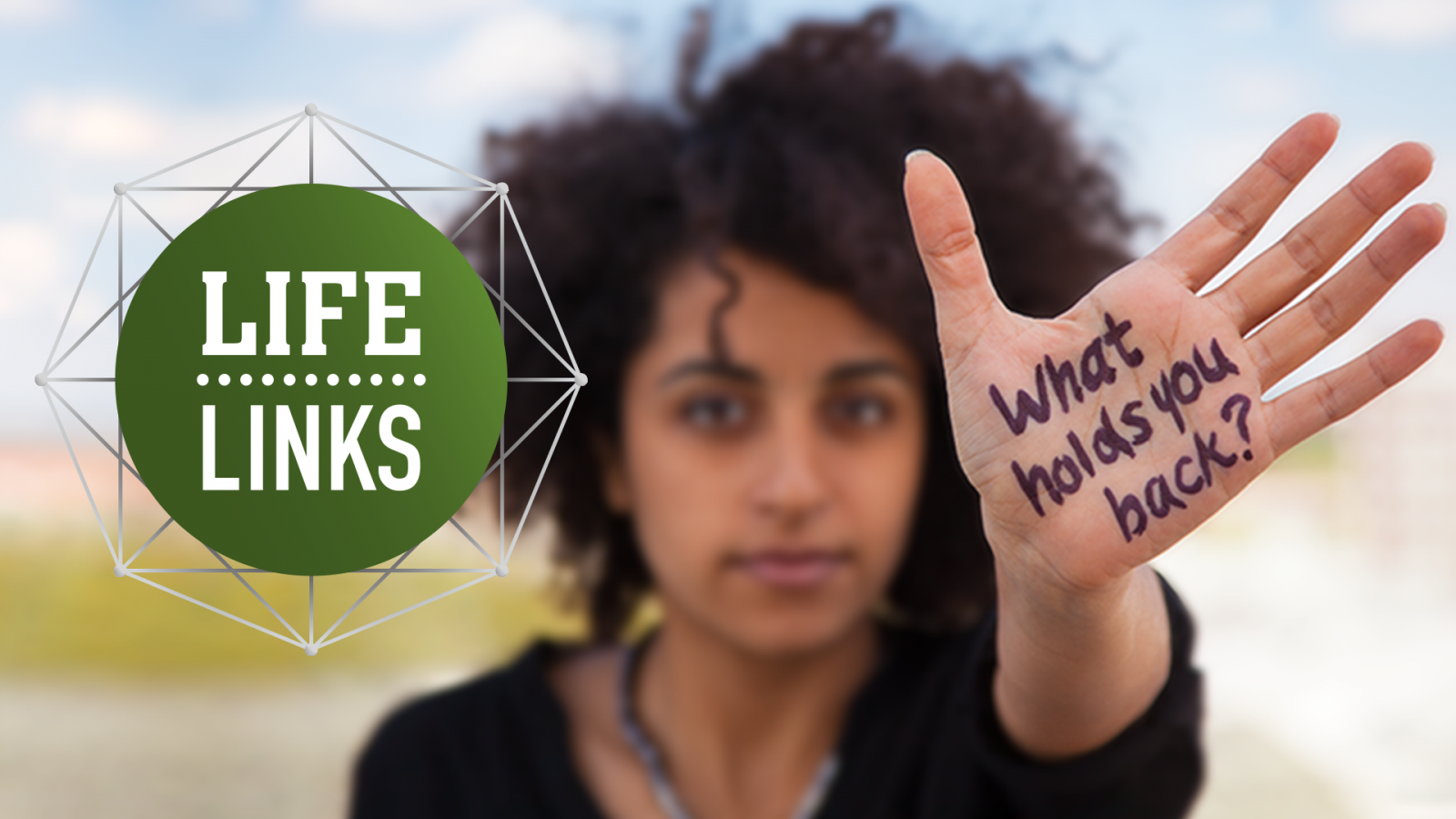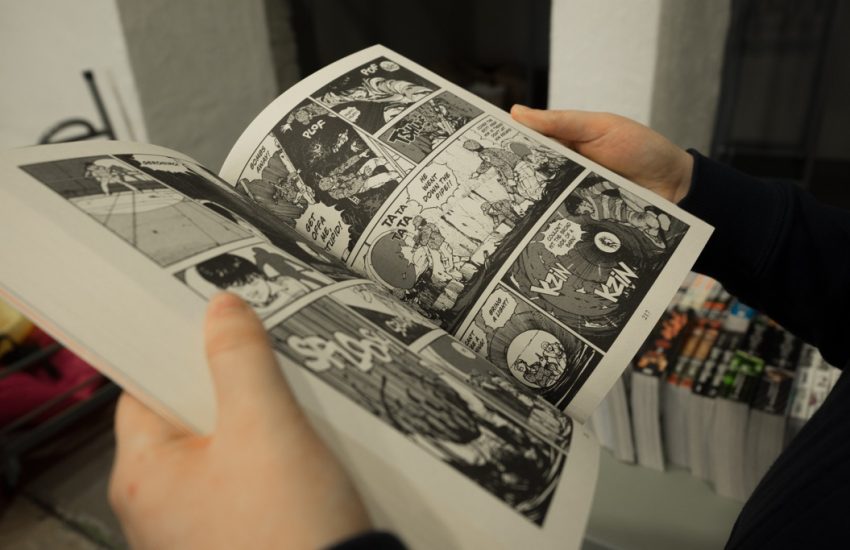How Deutsche Welle started a community engagement project
“Jean Claude doesn’t know his father. All he knows is that he was conceived 20 years ago during the Rwandan genocide, when his mother was raped by several Hutu militiamen.” These are the opening words of a report by Deutsche Welle, a German news service that broadcasts in Europe and around the world on television and online in 30 languages. Deutsche Welle sent teams to Rwanda, Germany and Romania to report stories of children who had lost their parents. Their struggles were chronicled in a series publicized on social media with the hashtag #blamemyparents. The hope was that through hearing stories like Jean Claude’s, more people would come forward to share similar experiences.
The series is part of a new project from Deutsche Welle called Life Links, a community engagement experiment launched to both crowdsource and publicize its own stories. Its driving objective is to keep the story theme broad enough that a global audience will both contribute to and consume the finished product.
To collect story ideas, Deutsche Welle producers rely on a contact form that accepts file uploads on the Life Links website, as well as Facebook, Twitter and Instagram. They use ScribbleLive to manage all their social media streams. Readers submit their stories and Life Links journalists—usually freelancers—travel to three different countries to report the three stories they deem most intriguing.
The Life Links stories then get broadcast on Deutsche Welle television and online. (The two other #blamemyparents segments include a German whose father left him a company and a Romanian who assumes the role of her globetrotting mother.) Once a series is finished, Life Links ask the audience to vote on what to cover next. The current choices are: health, war or poverty.
Challenges to cultivating a global audience
So far, the series has been a limited success, admits Life Links producer Gianna Grün. They aren’t getting as much engagement as they had hoped. She has some theories as to why.
“The main question we’re facing now is the typical chicken and egg problem,” explains Grün. To decide on a series theme should Life Links rely on the community to put forward its own ideas, or should it present the crowd with pre-selected themes from which to choose? “For us, it’s a learning process.”
Still, Life Links engagement has been global–which reflects Deutsche Welle’s reach–and Grün says she’s been surprised by the consumption of high quality videos and large background images in countries like Uganda, Brazil, Ghana, Egypt, Latvia and Romania.
But Grün is eager for the Life Links community to grow more quickly. She’s hoping the next series theme will be enticing enough to draw out some unique stories. It’s on superlatives within religion and, for what it’s worth, the hashtag made our head turn: #forchristssake.
Update: #forchristssake has just been aired and next up is #headabovewater, a series about back-breaking jobs.






Hi Aleszu,
thanks for the nice article! In the meantime, #forchristssake has already been broadcasted (http://www.youtube.com/playlist?list=PLT6yxVwBEbi1R4kUQCnAW6qTkM49k3zhD). And in fact, we received lots of comments and feedback on this episode’s content – basically on all channels: our website, Youtube, Facebook and Twitter.